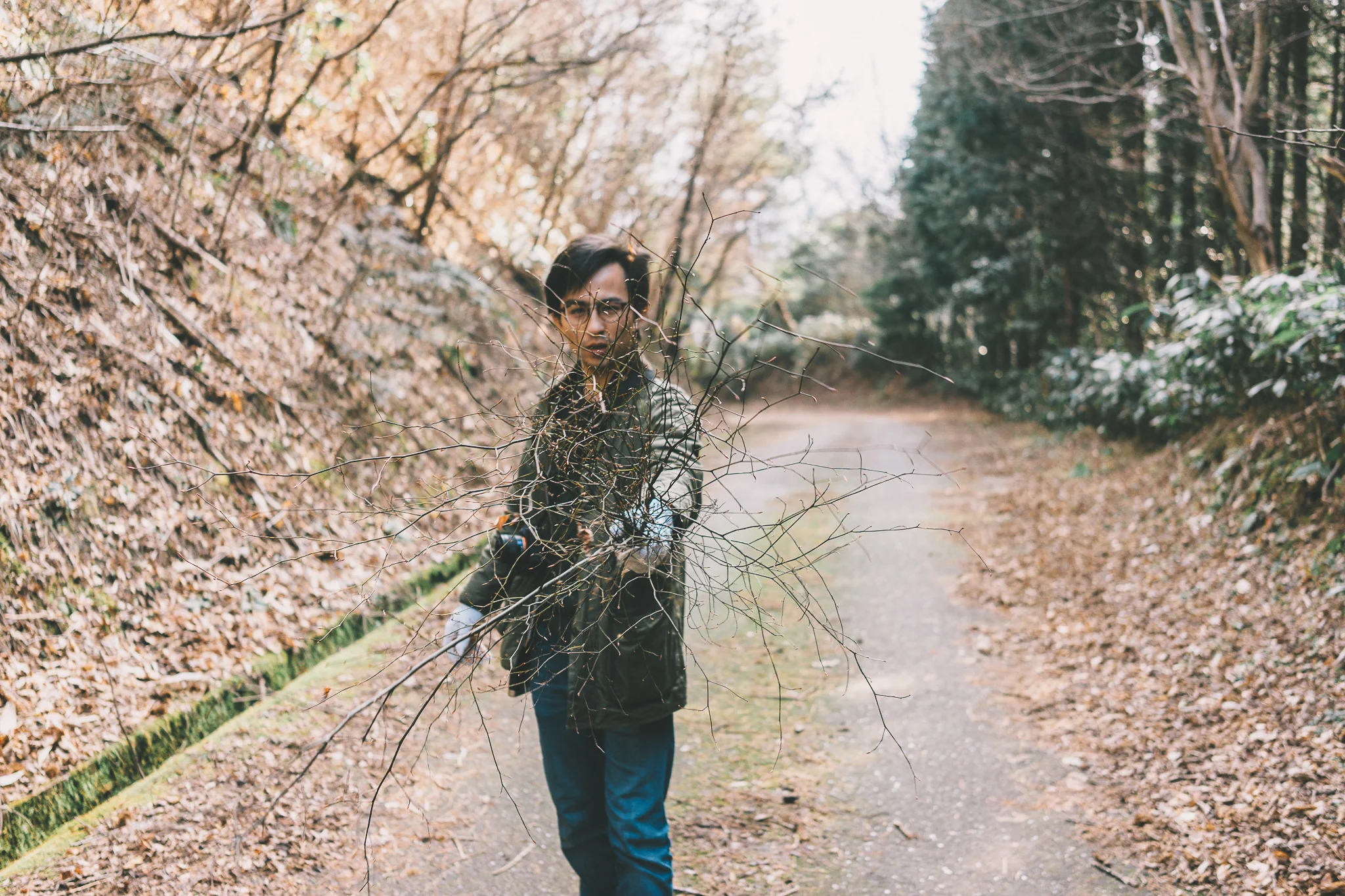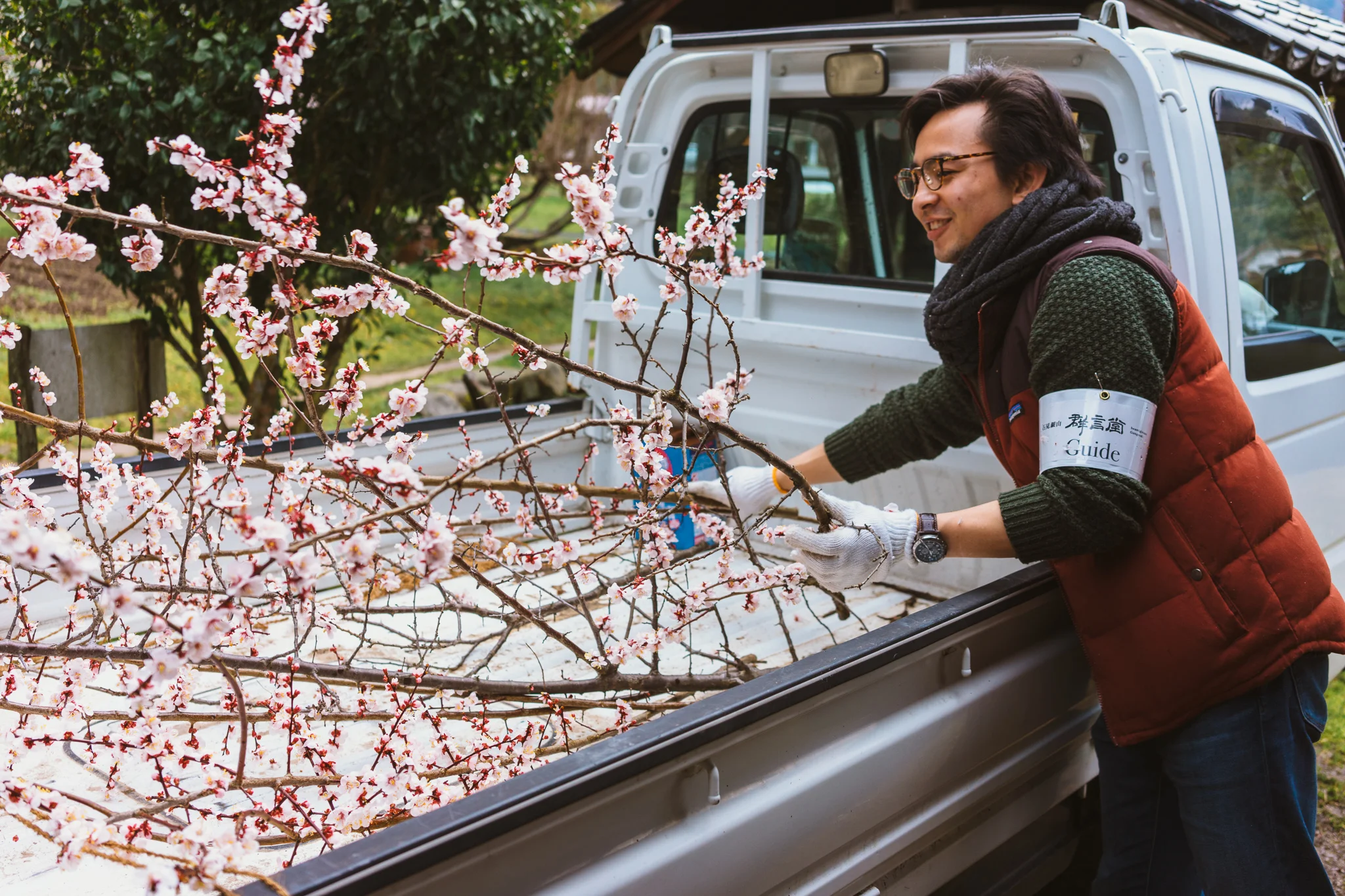Let’s get Glocal at the UNESCO Symposium!
One of the words that I really like to use and consider as my personal theme is:
glocal
According to the Oxford Dictionary this word means, “Reflecting or characterized by both local and global considerations.”
So in essence it means that something, place, thing, and etc. can have the characteristics of both something global and local at the same time.
Well… what does this actually mean?
Good question, I think a good way of trying to understand this topic is to stop thinking that “local”and “global” are mutually exclusive concepts. That there is some hierarchy of what is considered “global” and “local”, one being better than the other. The fact of the matter is that they are essentially the opposite sides of the same coin, where you need one for the other to exist. Global is essentially the accumulation of local and the concept of local is understandable because there is global.
It’s almost like Anthropology and Sociology with the whole inductive and deductive reasoning thing. In Anthropology we try to study society from the small to large, the qualitative to the quantitative. By studying a small group of people we can make generalizations about society at large. Sociology with the large to small, the quantitate to the qualitative is all about taking lots of samples and trying to say something at the individual level. However, when you get to higher level discussions and studies in these departments they start to blend together and you get Social Anthropology. The two ways of studying are kinda considered the opposite of each other, but they also are sort of the same when you look at it from a different perspective… I feel like I confused more people, I’m just hoping all of my social scientist homies get my jist…
I’m personally interested in this discourse because I’ve lived in the NJ and NY area, went college in California, and now living in the countrysides of Shimane, and I feel like no matter where I go I see similar themes in each place I am in. Now I think this depends on your point of view, but for me it all connects. Take the SDG’s or the Sustainable Development Goals. A topic that is super relevant in places like California, NY or just in America, but also in a small town like Omori. No matter where you go, these universal themes are relevant and can be applied in one form or the other.
the concept of glocal allows small towns like omori to be at the forefront on the world stage
With how interconnected we are right now with the internet and transportation among the things, the possibility to be at the front runners of global topics can be possible even at the local level. That’s why I’m living in Omori, because it is super local. Whenever I take a step forward in Omori, I feel like I’m taking a step forward in the world stage.
One of the reasons why I wrote my thesis is because I felt that even in such a small town, something cutting edge was being realized here in Omori. The hints to the new “hope” of Japan and even for the world can be found here in the town of Omori.
the unesco conference
So what was this about, why did it happen, and will you stop going on and on about glocal we get it Shun. Get to point!
Is what I am thinking to myself as I write…
From March 13-15th we held the first UNESCO Leadership Symposium on Education for Sustainable Development here in Omori. We actually had another UNESCO conference in 2016 for ESD (Education for Sustainable Development) where you can read the article here: Japan: it takes a (small) village. I wasn’t here for that symposium so I’m not gonna take up your reading time with that (not like I already haven’t).
Oh also as just an FYI, Education for Sustainable Development essentially means education that teaches the necessary skills and knowledge to promote sustainable development for the next generation. So it’s about creating and promoting quality education systems that teach people about the importance of sustainability and how to go about it. As such, for this symposium held in March we had various high-level education policy makers (fancy word for education ministers) from about 9 different Asian countries to come learn something about ESD from our town of Omori. From the UNESCO side, their motive for this symposium was to:
“provide them(high-level education policy ministers) with a rare opportunity to have an immersive experience with sustainability principles and reflect upon them in view of the respective national contexts."
The UNESCO participants walking to our company
Some of the questions they were trying to answer by coming to Omori was
What does a a truly sustainable lifestyle in a modern society look like?
What makes people act for sustainable development?
What are the roles of the community?
How can education help make the transformation possible?

































